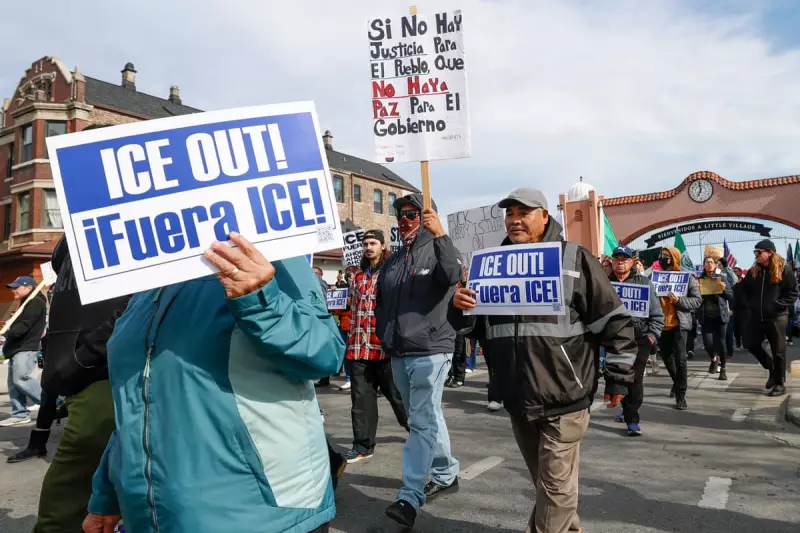
In a landmark ruling that could reshape American immigration enforcement, the US Supreme Court has delivered a powerful rebuke to Immigration and Customs Enforcement (ICE) over its controversial detention practices.
A Pattern of Wrongful Detentions
The case centred on multiple American citizens who were unlawfully detained by ICE agents despite providing proof of their citizenship. The court heard disturbing accounts of individuals being targeted primarily because of their racial appearance and Hispanic surnames.
One particularly striking case involved a man who spent 43 days in immigration detention despite repeatedly showing agents his US passport and birth certificate. His ordeal highlights what civil rights groups have long described as systemic racial profiling within immigration enforcement.
Court's Strong Stance on Civil Liberties
Justice Ketanji Brown Jackson, writing for the majority, delivered a scathing critique of the government's position. "The Fourth Amendment does not permit ICE agents to act on little more than hunches reinforced by stereotypes," she declared, emphasising that constitutional protections extend to everyone within US borders, regardless of their perceived ethnicity.
The ruling establishes that ICE agents must have specific, articulable facts suggesting someone is undocumented before making an arrest. Mere assumptions based on physical appearance or ethnic background no longer constitute legal grounds for detention.
Broader Implications for Immigration Enforcement
This decision comes at a critical time for US immigration policy and represents a significant victory for civil liberties advocates. Legal experts suggest the ruling could:
- Force substantial changes to ICE training and protocols
- Provide stronger legal recourse for wrongfully detained individuals
- Establish clearer boundaries for immigration enforcement actions
- Impact how local law enforcement collaborates with federal immigration authorities
The Department of Homeland Security now faces pressure to implement comprehensive reforms to prevent similar violations from occurring in the future.
A Watershed Moment for Civil Rights
Civil rights organisations have hailed the ruling as a crucial step toward addressing systemic discrimination within immigration enforcement. "This decision affirms that in America, your rights cannot be suspended because of how you look or what your last name is," declared a spokesperson for the ACLU.
The case serves as a stark reminder that constitutional protections must be vigorously defended, particularly for communities that have historically faced disproportionate scrutiny from law enforcement agencies.





